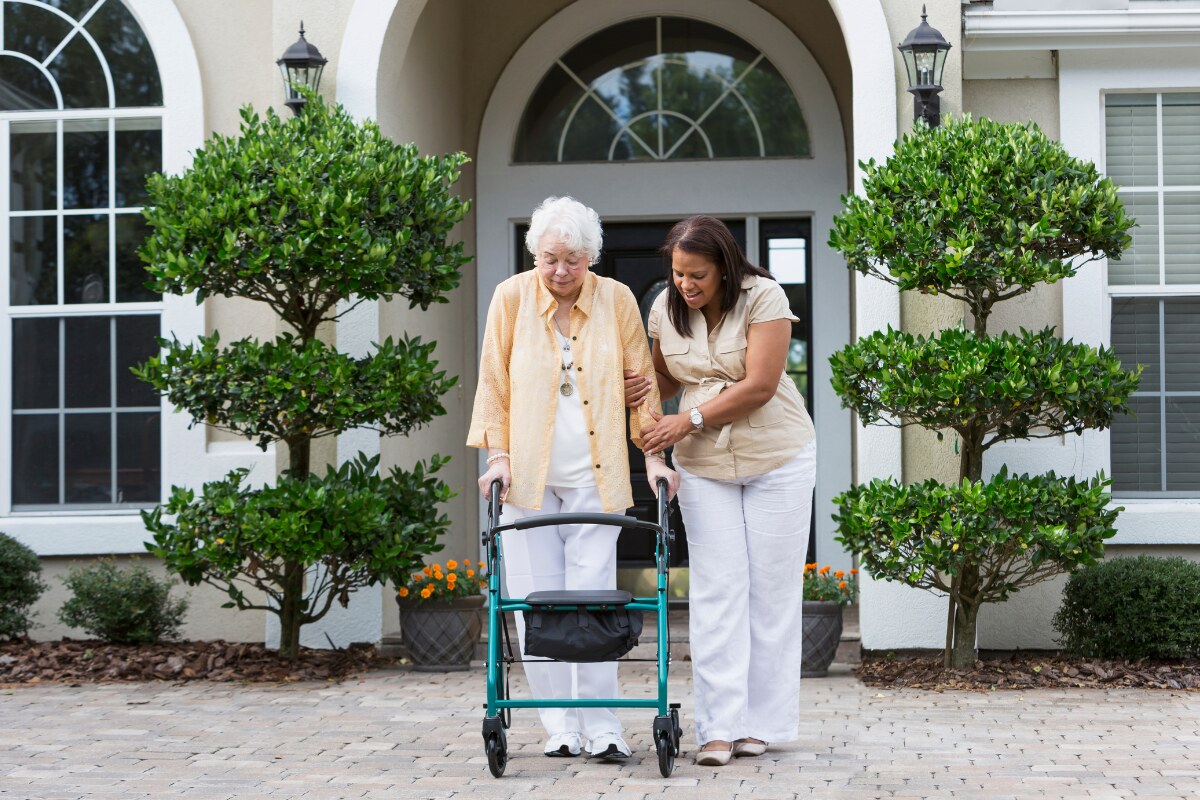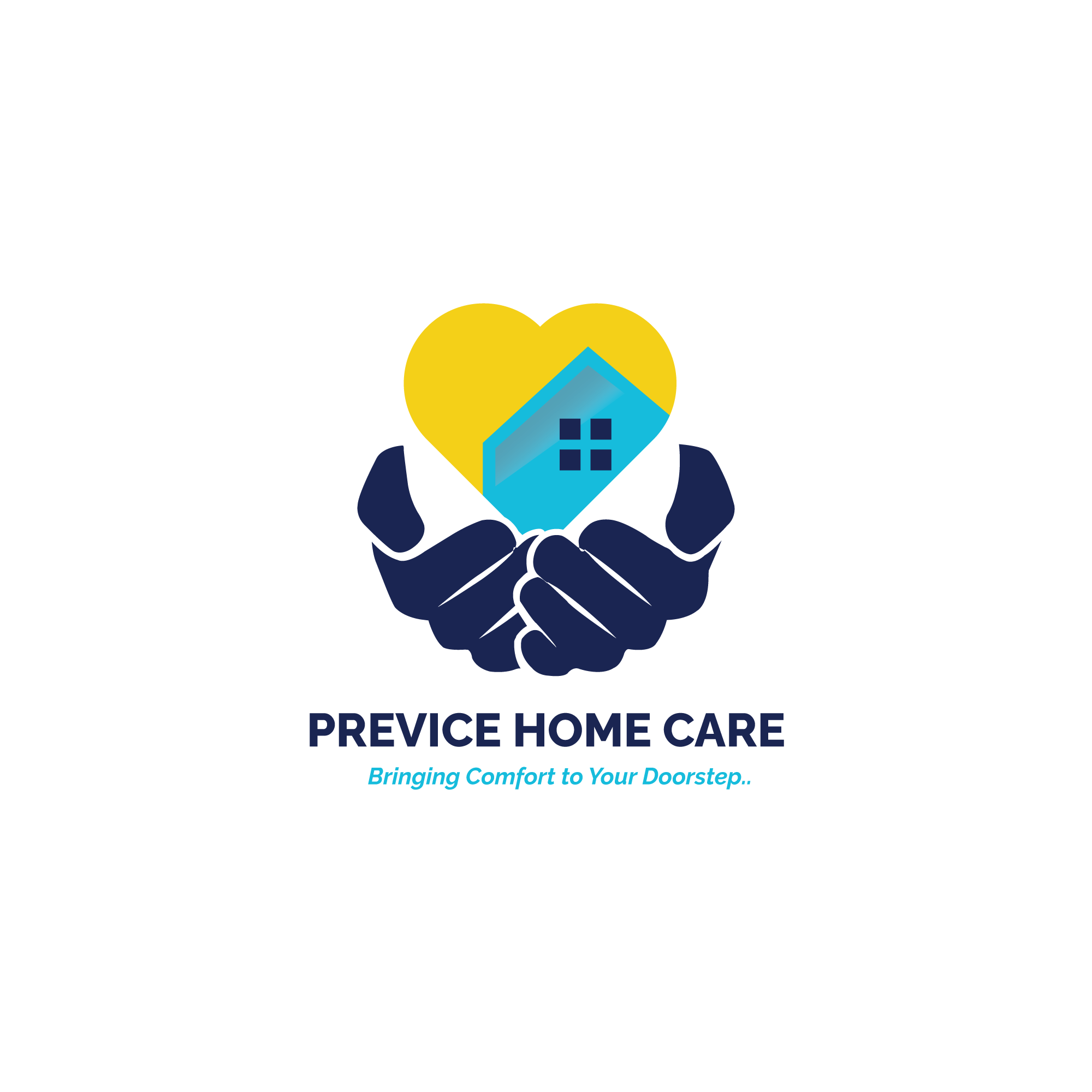Elderly Parents Home Care: How to Talk to a Resistant Loved One
Elderly parents home care can be a difficult topic to bring up with someone you love. Whether it’s a parent, grandparent, or spouse, many seniors initially resist the idea—often out of fear, pride, or a desire to maintain independence.
At Previce Care, we understand how emotionally charged these conversations can be. But we also know that with the right approach, these moments can open the door to better health, greater comfort, and more peace of mind for everyone involved.
Here’s how to turn resistance into receptiveness—with elderly parents home care and empathy leading the way.
1. Elderly Parents Home Care Starts With Early, Ongoing Conversations
The biggest mistake many families make is waiting for a crisis before discussing care options. Instead of a single dramatic “intervention,” try having small, open conversations over time. This gives your loved one space to process the idea and feel involved in the decision-making.
Start with gentle observations:
“I’ve noticed you seem a little tired after doing laundry lately.”
“Have you ever thought about what kind of help might make life easier at home?”
Let these open-ended remarks pave the way for deeper discussions about elderly parents home care.
2. Lead Elderly Parents Home Care Conversations With Empathy
No one wants to feel like they’re being told what to do—especially someone who has spent a lifetime being independent. The key to success is approaching elderly parents home care with humility and empathy. Listen more than you speak and validate their feelings before offering solutions.

Try saying:
“I know this might be hard to talk about, but I care about you and just want to make sure you’re comfortable and safe.”
“I understand it’s difficult to accept help—it was for me, too, when I needed it.”
By showing that you’re on their side, not against their independence, they’re more likely to hear your concerns.
3. Address the Fears Behind Elderly Parents Home Care Resistance
Many seniors resist elderly parents home care because of fear: fear of losing control, fear of being a burden, or fear that accepting care means the end of independence. It’s important to uncover these hidden fears and gently offer reassurance.
Let them know:
-
Home care doesn’t take away independence—it often helps preserve it.
-
It’s not about replacing family; it’s about making sure everyone, including you, is supported.
-
Accepting care is a positive step forward, not backward.
At Previce Care, we design care plans that honor each client’s independence, lifestyle, and preferences.
4. Involve Them in Elderly Parents Home Care Decisions
One of the most powerful ways to reduce resistance to elderly parents home care is to give your loved one a voice in the process. Let them participate in choosing the caregiver, scheduling visits, and setting boundaries.
You might ask:
“What kind of support would make your day easier?”
“Would you prefer someone who’s there just a few hours a week or more often?”
“Let’s look at a few care agencies together and see which one feels like a good fit.”
This collaborative approach helps make elderly parents home care feel like a choice—not a consequence.
5. Share Real-Life Elderly Parents Home Care Success Stories
Sometimes, hearing that others have had positive experiences with elderly parents home care can ease worries and inspire confidence. Share stories of neighbors, friends, or testimonials from Previce Care clients.
For example:
“My friend’s mom started with just a few hours a week and now looks forward to her caregiver’s visits.”
“I read about a senior who found a new sense of freedom with a bit of help at home.”
These real-life examples help normalize the concept of care and show how it can lead to more joy and less stress.
6. Be Patient—Elderly Parents Home Care Takes Time

Even when everything is said with love, don’t expect your loved one to agree immediately. It may take time for them to process the idea and become comfortable with elderly parents home care.
Suggest a trial run:
“How about we try it for a week or two and see how it goes?”
“If you don’t like it, we can make changes or stop.”
At Previce Care, we know trust takes time. That’s why we offer flexible, personalized care that adapts as needs change.
Final Thoughts on Elderly Parents Home Care Conversations
Introducing elderly parents home care to a resistant loved one isn’t about winning a debate—it’s about opening a door. It’s about showing that accepting help doesn’t mean giving up, but gaining a reliable partner in their well-being.
With patience, empathy, and the right strategy, your loved one can move from resistant to receptive—gaining safety, comfort, and freedom through professional support.
At Previce Care, we’re here to walk with you every step of the way on your elderly parents home care journey.








